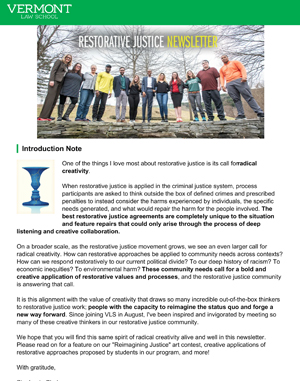The National Institutes of Health (NIH) has selected the proposal, “Quantifying the Impact of Flood Adaptation on Dengue Fever with Geospatial Analysis: a Case Study in Pasig-Marikina-Laguna Lake Watershed, the Philippines,” for inclusion in a special collection of case studies to advance research on climate change adaptation policies and their impact on public health. The proposal was submitted by researchers from the Vermont Law and Graduate School (VLGS) Law Lab for International Sustainable Development, Dartmouth College Department of Geography, and the University of the Philippines Los Baños (UPLB). It was one of only 15 selected for the NIH collection from a total of 133 proposals submitted globally.
The NIH has also invited the international and multidisciplinary team, which includes Law Lab Director Sheng Sun MELP’18 and VLGS alumna Renee Valerie Fajardo JD/MELP’18, to develop the full case study, with NIH technical and financial support. The case study will be included in an NIH publication as well as disseminated to share the team’s innovative work with a broader audience working on public policy and climate change.
The case study strives to understand the Philippines’ historical adaptation responses to extreme floods and by improving these adaptations, prevent adverse health outcomes from vector-borne diseases such as dengue. Climate change has exacerbated health risks and adverse health outcomes, and many low-income communities are especially vulnerable within the vicinity of the flood detention basin of Laguna Lake. While many climate adaptation policies and strategies are being developed and deployed globally, few are designed to directly address health outcomes. Therefore, this case study addresses the urgent need to identify effective adaptation practices that can mitigate public health risks and consequences.
The project is part of the VLGS Law Lab’s commitment to promote cross-country, cross-institutional, and multidisciplinary research collaboration to understand the significance and complexity of today’s sustainable development in a shifting and challenging world.


















